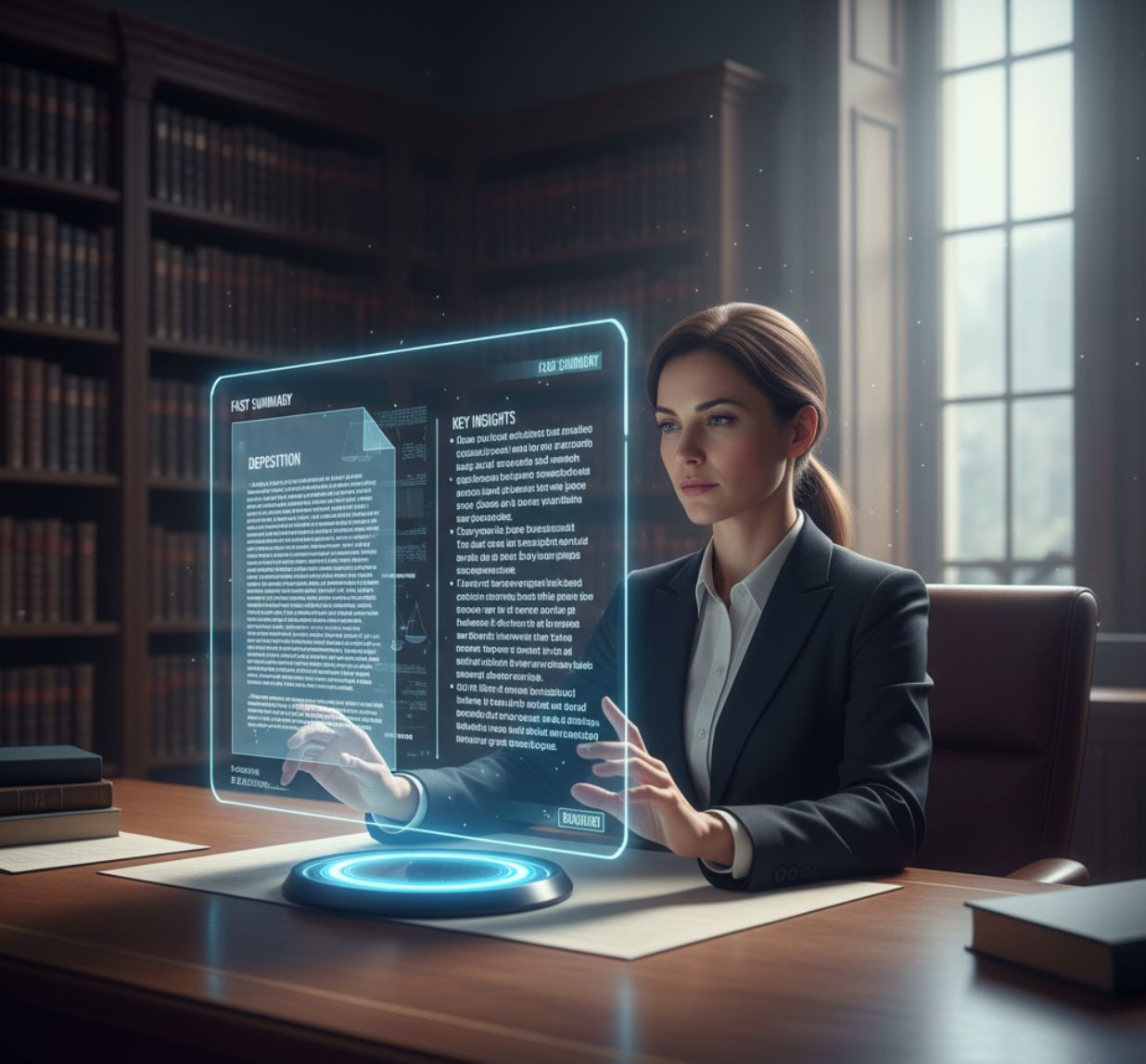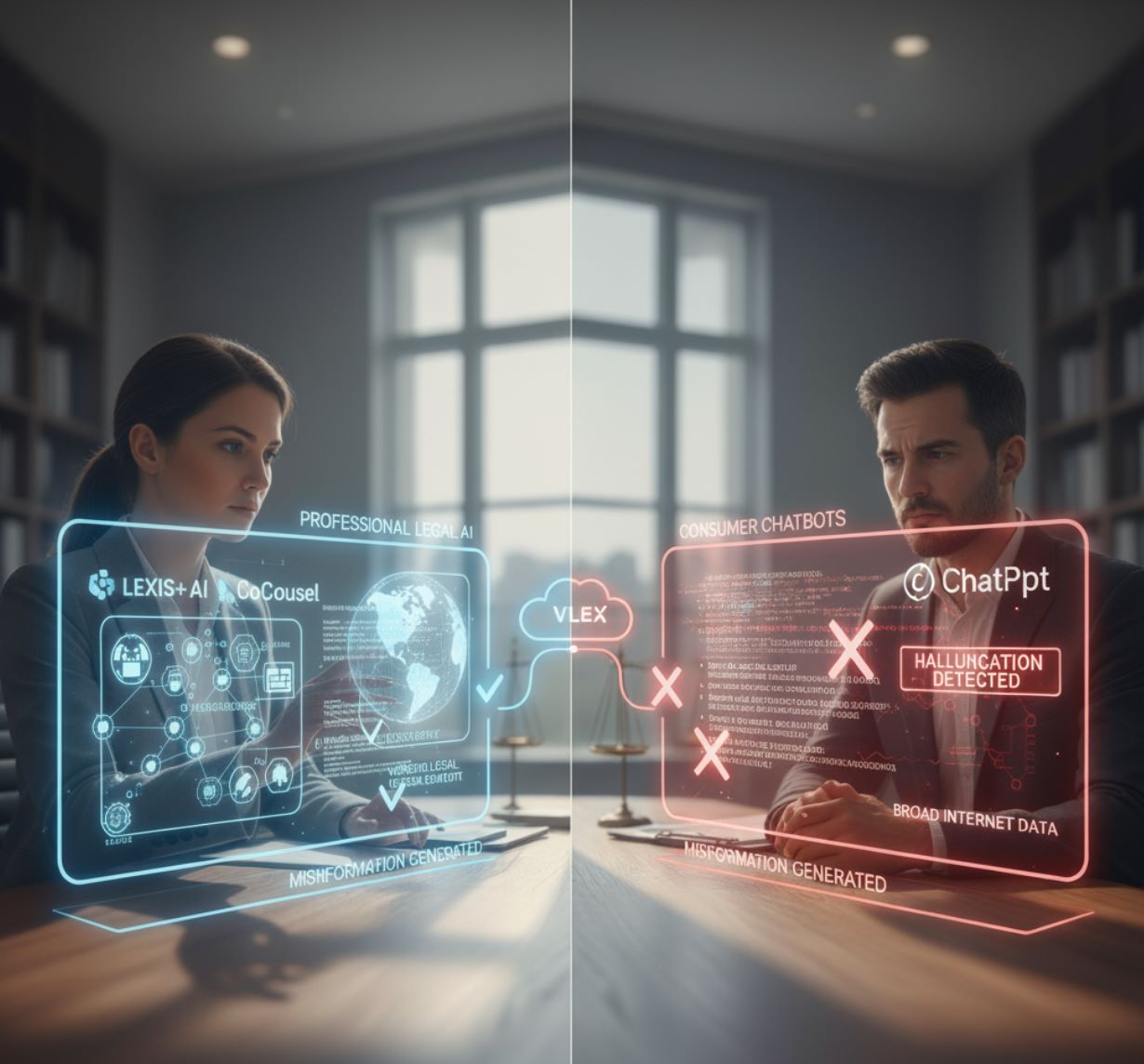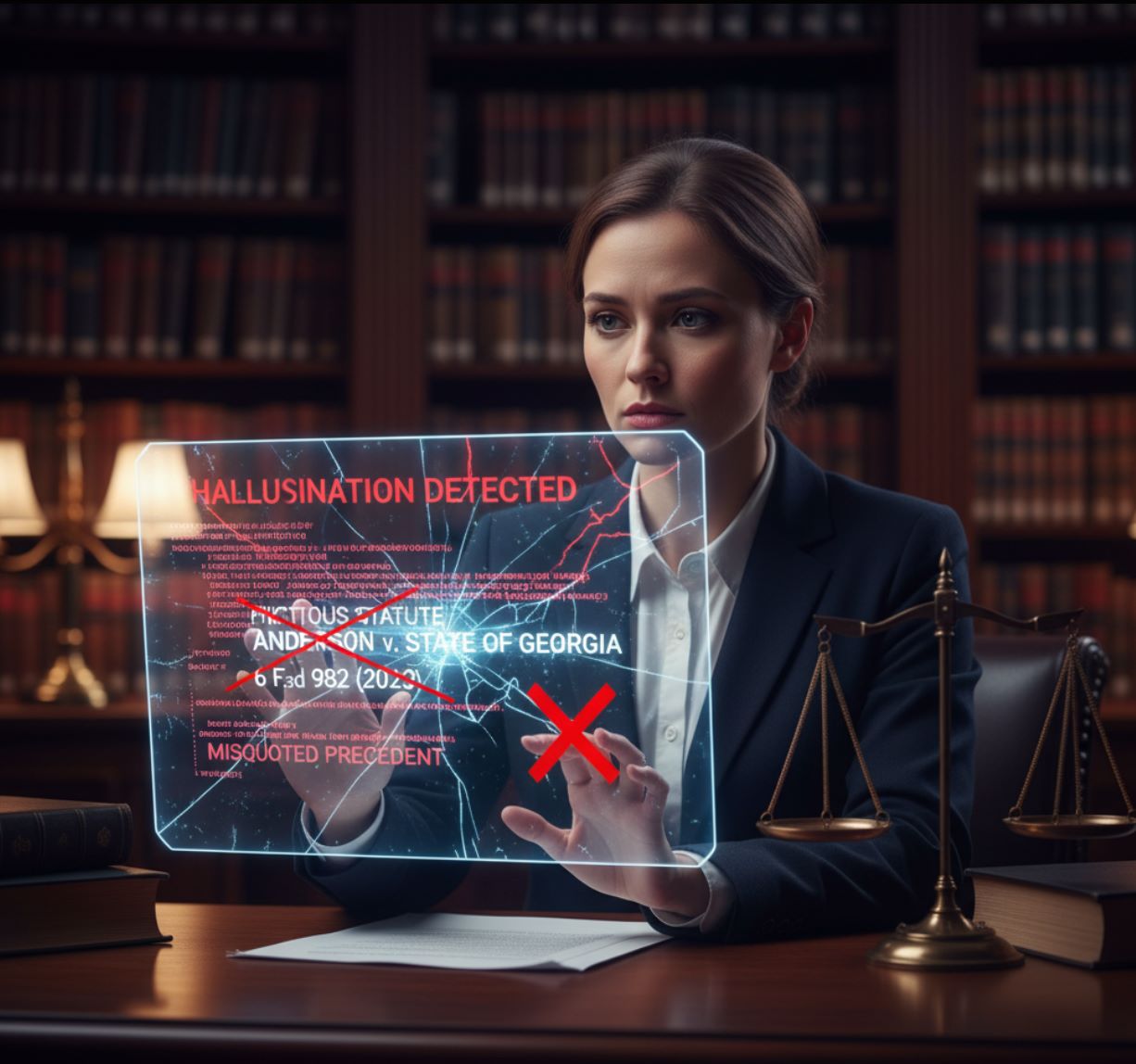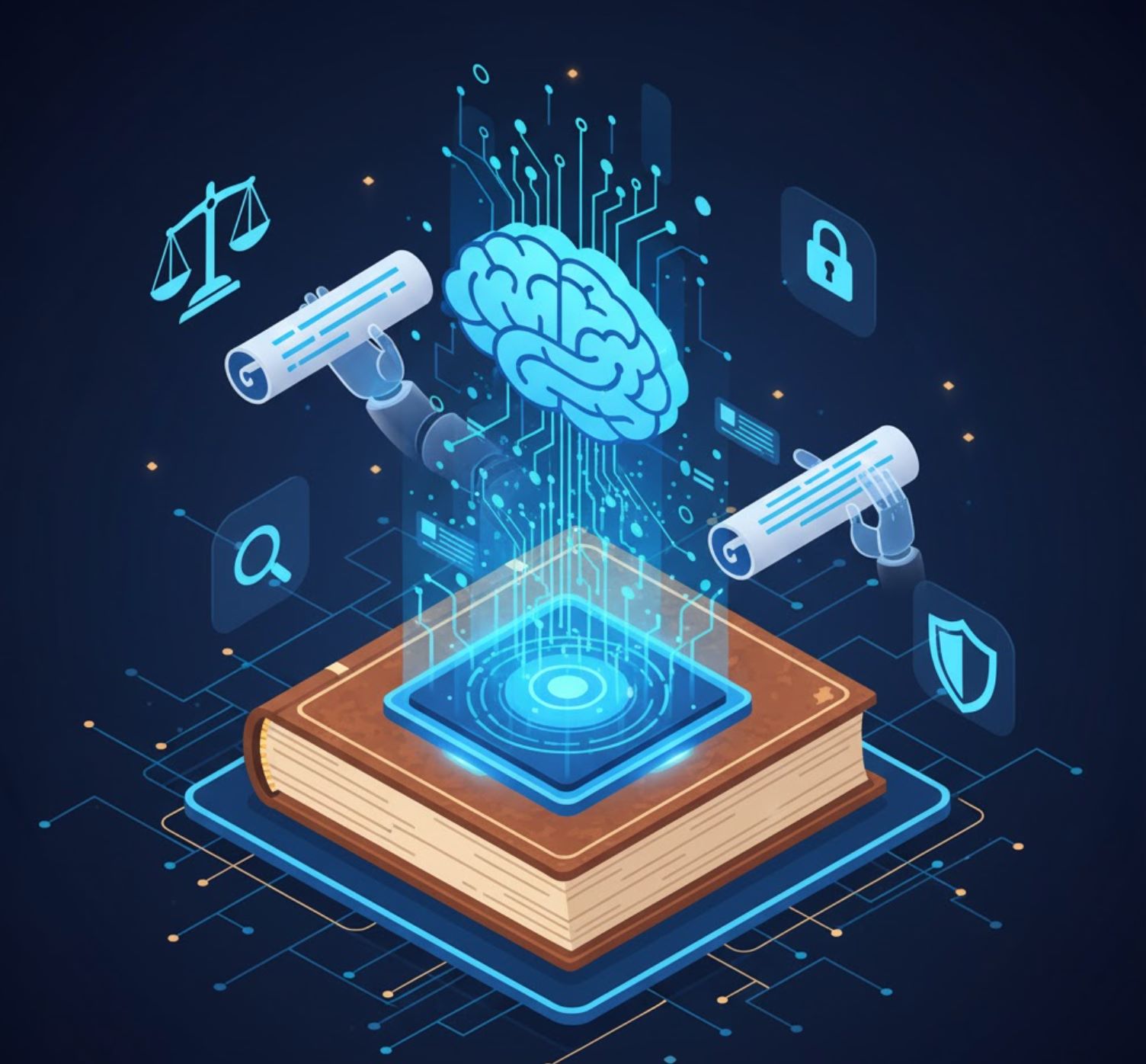AI looks up laws and terms
AI is ushering in a new era of legal research, enabling laws and terms to be retrieved in minutes instead of hours. This article explores how AI helps lawyers and the public access global legal content, highlights key tools, outlines benefits and risks, and shares best practices for safe and effective use.
AI is rapidly entering the legal field. Thomson Reuters reports that 26% of legal professionals now use generative AI at work, and 80% expect it to have a transformational impact on their roles.
By automating routine tasks like document review and drafting, AI can enable lawyers to deliver higher-quality service more efficiently.
This has led to excitement around AI's ability to quickly look up relevant laws, cases, and legal terms.
Key Advantages of AI in Legal Research
AI-powered legal research tools can automate tasks that normally take hours. These revolutionary capabilities are transforming how legal professionals approach research and case preparation.
Advanced Case Retrieval
AI can surface more relevant cases and statutes than a simple keyword search, even when those documents use different phrasing.
Fast Summaries
Lengthy documents (depositions, contracts, etc.) or large sets of cases can be summarized in a fraction of the time.
Citation Checking
AI can flag missing or weak citations in briefs and automatically check if cited cases have since been overruled.
Predictive Insights
Some AI tools attempt to predict how a court might rule on an argument based on past decisions.
Monitoring Law Changes
Routine research tasks, like tracking new case law or legislative updates, can be automated.
Natural-Language Queries
Thanks to NLP, lawyers can ask questions in plain English and get pointed answers, even if they don't know the exact legal terms.

AI Tools and Platforms
Not all AI is the same. Professional legal AI tools are built on verified legal databases. For example, Thomson Reuters' CoCounsel and LexisNexis's Lexis+ AI search proprietary case law and statutes, ensuring answers are based on up-to-date, reliable content.
Other platforms specialize in global legal content. For instance, vLex (acquired by Clio in 2024) offers an AI-powered search over one billion documents from 100+ countries.
That means a user could ask about, say, "GDPR data breach notification requirements" and instantly get relevant excerpts from EU law and related commentary.
By contrast, general-purpose AI (e.g. ChatGPT or Google Bard) can discuss legal concepts conversationally, but without guaranteed accuracy or sourcing.
Professional AI Assistants
Built into law-office software (CoCounsel, Lexis+, Bloomberg Law's platform, etc.) for deep research and citation-checked answers.
- Verified legal databases
- Citation checking capabilities
- Up-to-date case law and statutes
- Professional-grade accuracy
Global Research Engines
Platforms like vLex that cover many jurisdictions with smart search capabilities.
- Multi-jurisdictional coverage
- Billions of legal documents
- Cross-border legal research
- International law expertise
General Chatbots
For quick Q&A or drafting help (with caution). These can answer plain-language questions or outline legal concepts, but users must verify all outputs.
- Conversational interface
- Broad knowledge base
- Quick concept explanations
- Requires careful verification

Limitations and Cautions
AI tools, while powerful, are not infallible. Major studies and regulators warn of key risks that legal professionals must understand and address:
Hallucinations
Basic Errors
Ethical Duty
False Claims
AI should augment human lawyers, not replace them. Most experts agree it's safest to use AI as a research starting point.
— Legal AI Research Study
A recent study concluded that these tools add value when used as "the first step" of research, rather than the final word. Lawyers must carefully check AI results against trusted sources at every turn.

Best Practices for Legal AI
To use AI effectively and responsibly, legal teams should follow these evidence-based practices:
Verify Every Answer
Treat AI output as a draft. Always confirm citations and facts with official sources. This is not just best practice—it's an ethical requirement for legal professionals.
Use Specialized Tools
Prefer AI products designed for law. These use curated legal databases and often cite sources. Generic chatbots can help brainstorm, but they lack built-in legal vetting.
Stay Up-to-Date on Rules
AI regulation and ethics are evolving. For example, the EU's first comprehensive AI law (effective 2024) imposes strict standards on AI systems. Many bar associations now require lawyers to disclose AI use to clients and keep human oversight.
Combine AI with Human Judgment
Use AI to save time on routine research or for quick summaries, but let experienced attorneys handle interpretation and strategy. In practice, AI can speed up finding the relevant law, while the lawyer applies it correctly.

Conclusion
By choosing reputable AI tools and verifying outputs, legal professionals can harness AI's power for research without sacrificing accuracy or ethics. The future of legal research lies in the intelligent combination of AI efficiency and human expertise.







No comments yet. Be the first to comment!